Workshop Catalogue
The catalogue below outlines all of the workshops offered by the CFD.
New workshops are added regularly. To see a list of our upcoming
workshops, as well as rounds, community events and programs open for registration,
please visit our Upcoming Events.
Filters
-

Learning Through Struggle: The Science of Productive Failure
3 hoursParticipants will have an opportunity to explore the instructional design strategy, productive failure, and how it can support the development of adaptive expertise. We will define productive failure, describe how productive failure has been used in health professions education, and illustrate how participants can use productive failure design approaches in their practice. -

Many Boats, One Light: Leading Sustainable, Inclusive Change in Complex Systems
3 hrsIn the academic health sciences systems we work in, we are constantly adapting to new knowledge, ideas, changing environments and emerging needs. In these dynamic environments, how do we influence or lead intentional change that has the impact we hope for? In this workshop, we will explore an approach to leading inclusive, sustainable change. -

Navigating Faculty Wellness ‘Tensions’
3 hoursThis workshop provides participants with the opportunity to both explore wellness tensions and identify ways to address them. Participants identify where tensions exist for their own roles that impact wellbeing and discuss approaches to ‘navigating’ these tensions. -

Our Evolving Professional Values: Using Positionality and Relationship to Ensure Inclusive Environments for All
3 hoursThis workshop engages participants in reflective activities and discussions about desirable and undesirable professional behaviours and the bi-directional relationships that exist between these behaviours, healthcare professional wellness, and the creation of psychologically and culturally safe environments. -

Patient Involvement in Health Professions Education
3 hoursThis workshop creates space for discussion/critical reflection on the myriad ways patients are and can be involved in HPE. We introduce a conceptual framework for understanding patient involvement, identify goals for involving patients, and discuss practices of patient involvement and their ethical implications. -

Responding to Diversity: An Introduction to Universal Design for Learning
3 hoursAre you interested in reducing barriers to learning and responding to the increasing variability amongst students in today’s classroom? This workshop will explore the Universal Design for Learning (UDL) model—a set of principles for curriculum development, engagement and assessment that can help you create an more inclusive learning environment that responds to diverse student needs and learning preferences. -

-

Simulation 101: Introduction to Simulation Education
3 hoursThis workshop provides a foundational overview of implementing simulation into current practice by broadly introducing essential concepts of simulation. Participant will explore the various applications of simulation, and identify opportunities to apply simulation into current practice. -

Starting Your Education Scholarship Journey
3 hoursThis workshop offers a thorough overview of the various forms of educational scholarship and their connection to the university's mission. It also provides strategies for showcasing impact and documenting scholarly contributions in teaching, innovation, curriculum development, research, and advocacy for academic promotion. -

Supporting Learners Who Witness and Experience Mistreatment
3 HoursUtilizing short didactic presentations, group discussions, small group activities as well as case scenarios, this highly interactive workshop will provide an overview of the role, scope, strategies and resources faculty/preceptors/supervisors should consider in order to support learners who witness or experience mistreatment.

